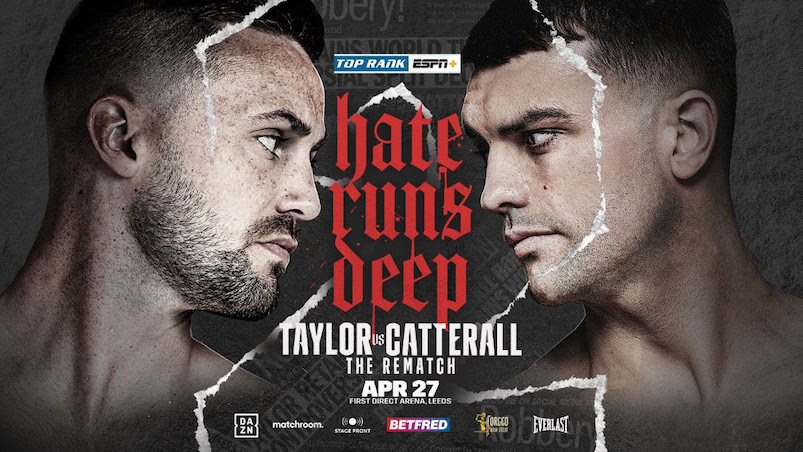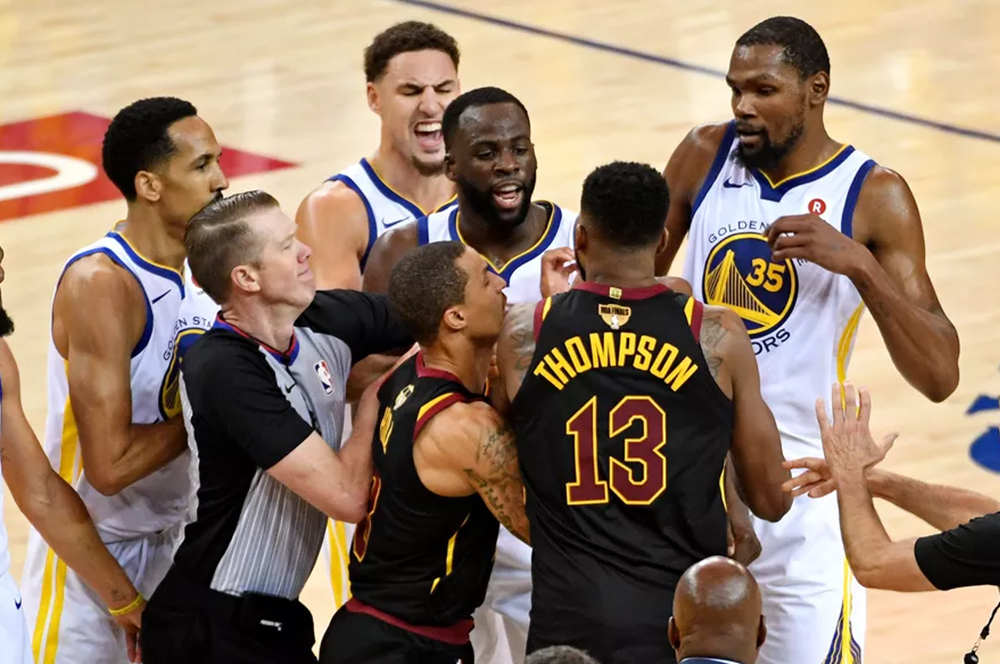The Warriors didn’t need more points. Livingston didn’t want a turnover. What to do, what to do?
In the final seconds of Game 1 of the NBA Finals, there was a kerfuffle that almost escalated into a rhubarb. Tristan Thompson was ejected, but before he left the court, he lived the dream of millions of people, pushing a basketball into Draymond Green’s face. It was the only possible ending to a game that was so exhausting and bizarre, and it’s at least going to cost Thompson some money.
But why were tensions high in the first place? Why was Thompson upset enough for the referee to mistakenly think he deserved to an ejection?
Because Shaun Livingston broke an unwritten rule.
We need to talk about this unwritten rule.
While my beat is unwritten rules, I know that I am unqualified to arbitrate this unwritten rule officially. For one thing, the NBA is a much different animal than Major League Baseball. There are different mores and nuances and expectations that I might not comprehend as merely a semi-serious NBA fan.
For another thing, I’m a Warriors fan, which means I’m horribly, irrevocably biased. All of this is extremely funny to me, and I order my arrogance with extra foam so that I get a little arrogance mustache when I sip from it.
But I’m not interested in pretending that my ruling on this unwritten rule means anything. I’m just here to talk it out with you.
The situation
The Warriors were up by eight points, with just a few seconds to go. The game was over. The Cavaliers’ frustration — with the refs, with the brain farts of a certain someone, with them wasting one of the best games LeBron James will ever play — was a pile of dried leaves and oily rags.
And then Livingston pulled up to shoot a jumper.
Thompson went for an aggressive block (but not an egregious one) because, hey, screw you, Livingston. The unwritten rule is Livingston should have held on to the ball until the shot clock expired, giving the Cavs the last possession, instead of score a meaningless bucket to run up the score.
According to unwritten rule 1.93 (c) (Ɐℵ⨓.1), everyone agrees that Livingston shouldn’t have shot. But I need to talk this out with you because this confuses me.
Here are two scenarios. I need you to tell me which one seems more disrespectful.
Scenario No. 1
A basketball team is up by eight points with just a few seconds remaining. The shot clock is winding down. The basketball man with the ball takes a shot to avoid a turnover. The other basketball man attempts to prevent this shot from going in the orange cylinder, as is his custom.
If the shot goes in, the winning team is up by 10.
If the shot misses, the margin of victory is eight.
If the basketball man on the losing team would like to make the margin of victory eight points, he has the opportunity to make a basketball play and prevent this.
Scenario No. 2
A basketball team is up by eight points with just a few seconds remaining. The shot clock is winding down. The basketball man with the ball doesn’t even try. He looks bored and indifferent as he dribbles. The clock ticks down ... three ... two ... one ... buzzzzz. He flips the ball to the referee.
The message is simple: There’s nothing you can do with this basketball, losing team. No matter how hard you try, your failure is so great that a basketball in your hands is useless. It is incumbent upon you to stand there with this basketball, looking stupid, until time expires.
According to the unwritten rules, the first scenario is more disrespectful. But is it? It requires the opposing team to continue playing basketball. It’s only more disrespectful if the team is convinced they will continue failing at basketball.
It’s also a chance to block a shot and make the opposing team look dumb, which is exactly what James did to Curry with 34 to go and the Warriors up 11. James blocked the shot and made Steph Curry look dumb. There were words exchanged, but the judges scored the fight for James. It was a sweet block.
The argument for the second scenario is an argument for “Please stop playing basketball so that I can get the basketball and also stop playing basketball. Please, let’s just stop. It’s over. We failed. It’s over, and I just want to stop playing basketball.”
That seems extraordinarily disrespectful! It seems defeatist and weirdly out of place with the rest of the game.
And if I have the ball on the losing side of a blowout with time winding down, I’m going to force the other team to play basketball. Try to get this ball. Move those feet. Keep me company down the court. And even if I don’t attempt an NBA Jam windmill dunk in your face as time expires, I want you to think maybe, just maybe, that’s what I’m plotting.
I understand why Thompson wanted to stop playing basketball. He’d lost. His team had lost. It was a wild, tense game, and he just wanted to exhale and move on to Game 2.
But to admit that on the court, to actively desire a chance to dribble a useless basketball, seems like a big self-own. After 52-and-a-half minutes of blood, sweat, and tears, those last 30 seconds shouldn’t be your opportunity to admit that you failed and don’t want to try. They should be your opportunity to do something that makes the other team look worse, even if it doesn’t affect the eventual outcome.
It could be that I’m too out of touch, here, and that I should stick to baseball. I’m probably overlooking history and context, and for that I apologize.
But for my money, James’ block of Curry is 100 times more satisfying for Cavaliers fans than anything that could have been accomplished if Livingston had just dribbled the shot clock out.



